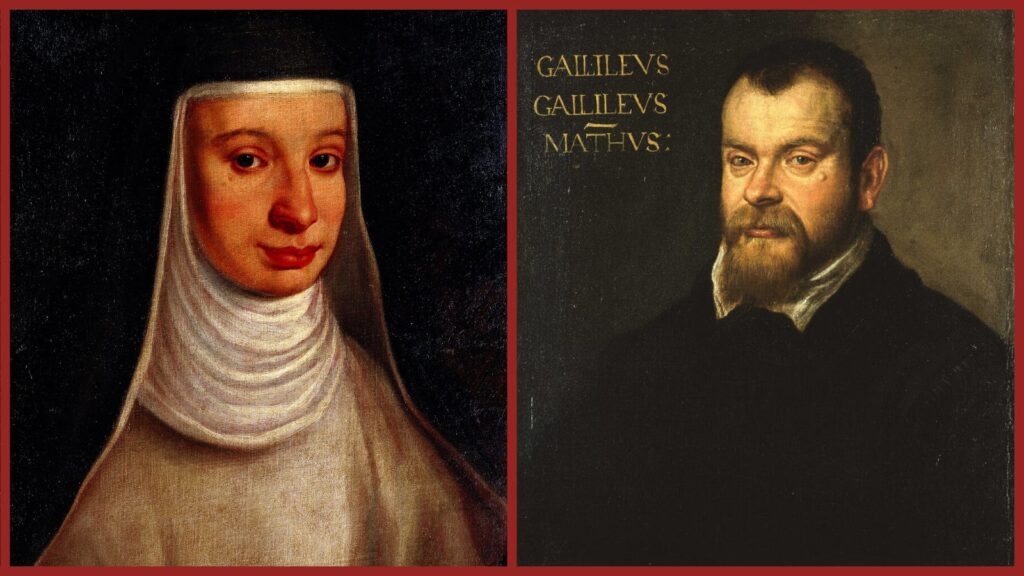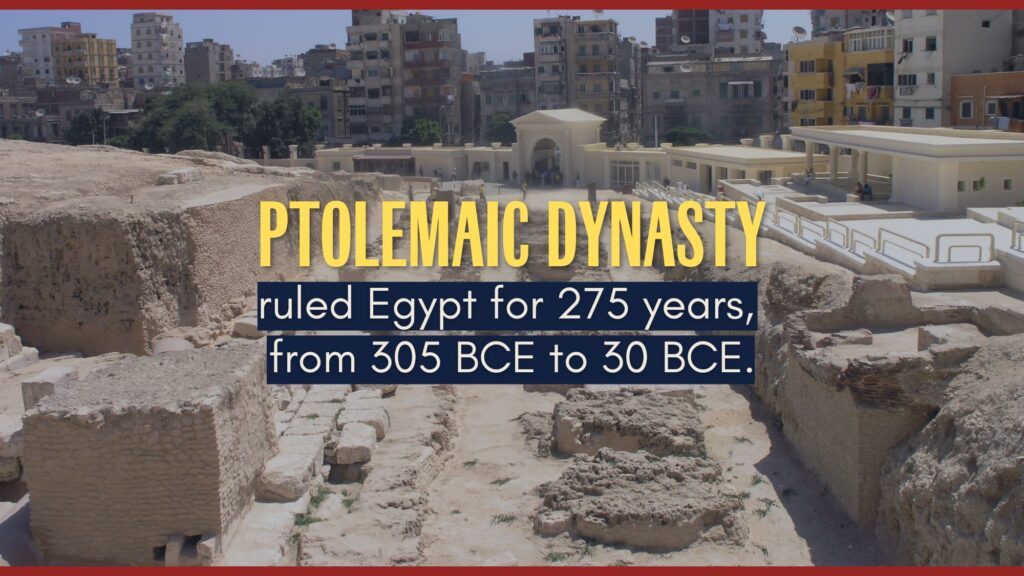3 Insights
“It’s undeniable how different you feel when you do all of the obvious things, like eat right, exercise, and get enough sleep” — Arianna Huffington
“The investor’s chief problem – and even his worst enemy – is likely to be himself.” — Benjamin Graham
“Anger is a brief fury. You must reign over your mind because unless it obeys, it commands you. You must restrain it with a bit and chain.” — Horace
What I Learned this Week
Even though Galileo was in exile and could not be physically close to his first-born daughter, they maintained a deep and lasting bond through letters. They corresponded throughout their lives, and today, there are 120 surviving letters from Virginia Galilei. Dava Sobel, in her book Galileo’s Daughter, carefully examined these letters, offering us an intimate glimpse into their relationship. Sobel writes, “In a world that did not yet know its place, Galileo would engage this same cosmic conflict with the Church, treading a dangerous path between the Heaven he revered as a good Catholic and the heavens he revealed through his telescope.” This quote helps us see the difficult position Galileo found himself in, balancing his scientific discoveries with his Catholic faith.

Green Canyon (Martin Sanchez)
“Whatever the course of our lives,” Galileo wrote, “we should receive them as the highest gift from the hand of God, in which equally reposed the power to do nothing whatever for us.”
Sobel also highlights Virginia’s own path, noting that she became a nun in 1616, choosing the name Suor Maria Celeste, “in a gesture that acknowledged her father’s fascination with the stars.”
The Legacy of a Great Library
Alexandria’s streets were lined with grand temples and palaces. Marble columns and gleaming statues left visitors in awe. The city bore witness to the legendary romance of Julius Caesar and Cleopatra. It became a hub for some of history’s greatest mathematicians. Most famously, it housed the world’s first and largest public library, envisioned to contain a copy of every book ever written.
The Great Library of Alexandria was one of the most ambitious intellectual projects of the ancient world. Established under the rule of the Ptolemaic dynasty, it aimed to collect all human knowledge, piling up between 40,000 and 400,000 scrolls at its peak. Scholars from across civilizations gathered at the Mouseion, a research center dedicated to the Muses, to study, debate, and expand human understanding.

The Ptolemies’ ambition to collect all the books of the known world was more than a scholarly goal—it was a deliberate strategy to establish Alexandria as the intellectual heart of civilization. Knowledge truly is power. The library housed not only texts from Egypt and Greece but also writings from Persia, India, and beyond. Their methods of acquiring books were varied, sometimes aggressive, and often highly political. They didn’t just want copies of the books; they also wanted originals, ensuring their library held the most authoritative versions of the greatest written works.
One aggressive method was to seize any book found on the ships that docked in Alexandria. According to the physician Galen (2nd century AD), any foreign ship arriving at the port had its books confiscated. These texts were then copied by Alexandria’s scribes. The copies were returned to the shipowners—while the originals remained in the Library of Alexandria.
This policy ensured that Alexandria always had the highest-quality versions of rare texts while depriving other regions of their most precious works.
The Library’s decline began in 145 BC when political turmoil under Ptolemy VIII Physcon forced scholars into exile, weakening its influence. Later, in 48 BC, part of its collection was lost during Julius Caesar’s siege of Alexandria. While the extent of the damage remains debated, the Library never fully recovered.
In an age where information is abundant yet fragile, the lesson of Alexandria is clear: knowledge is only as powerful as our commitment to preserving it, questioning it, and ensuring its accessibility for future generations.
Reflections
How do I currently document my life—whether through journaling, art, or other means—and how can I make that process more intentional and meaningful?
The Real Con 114
